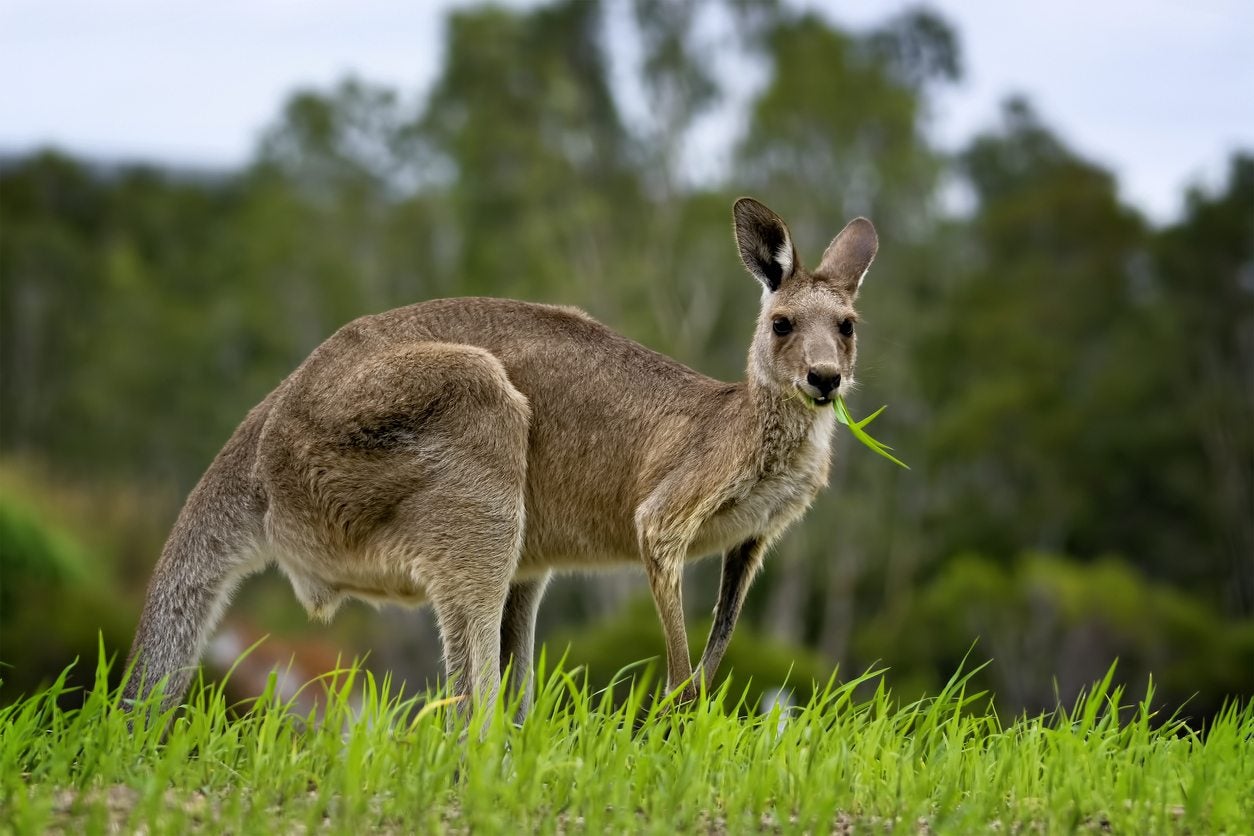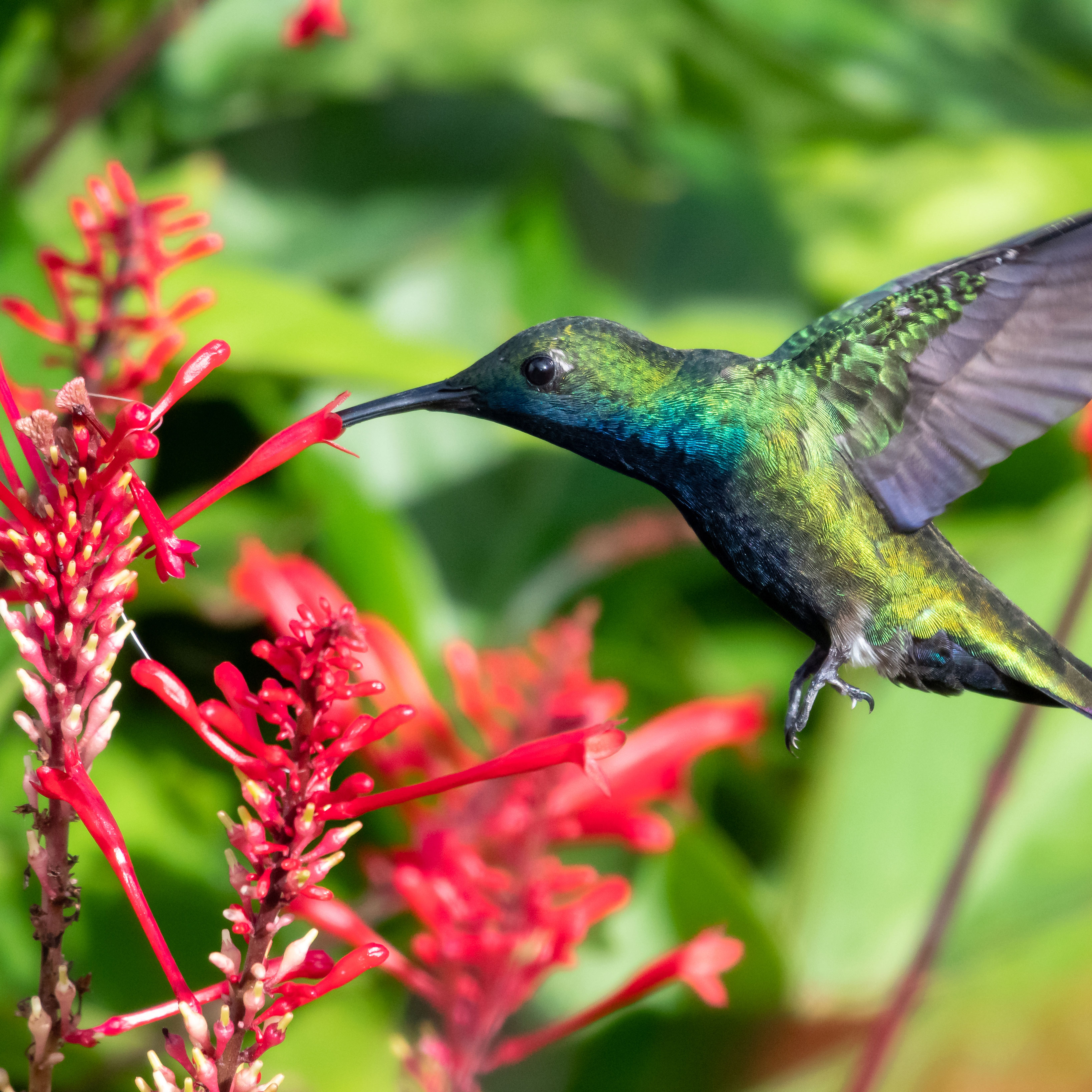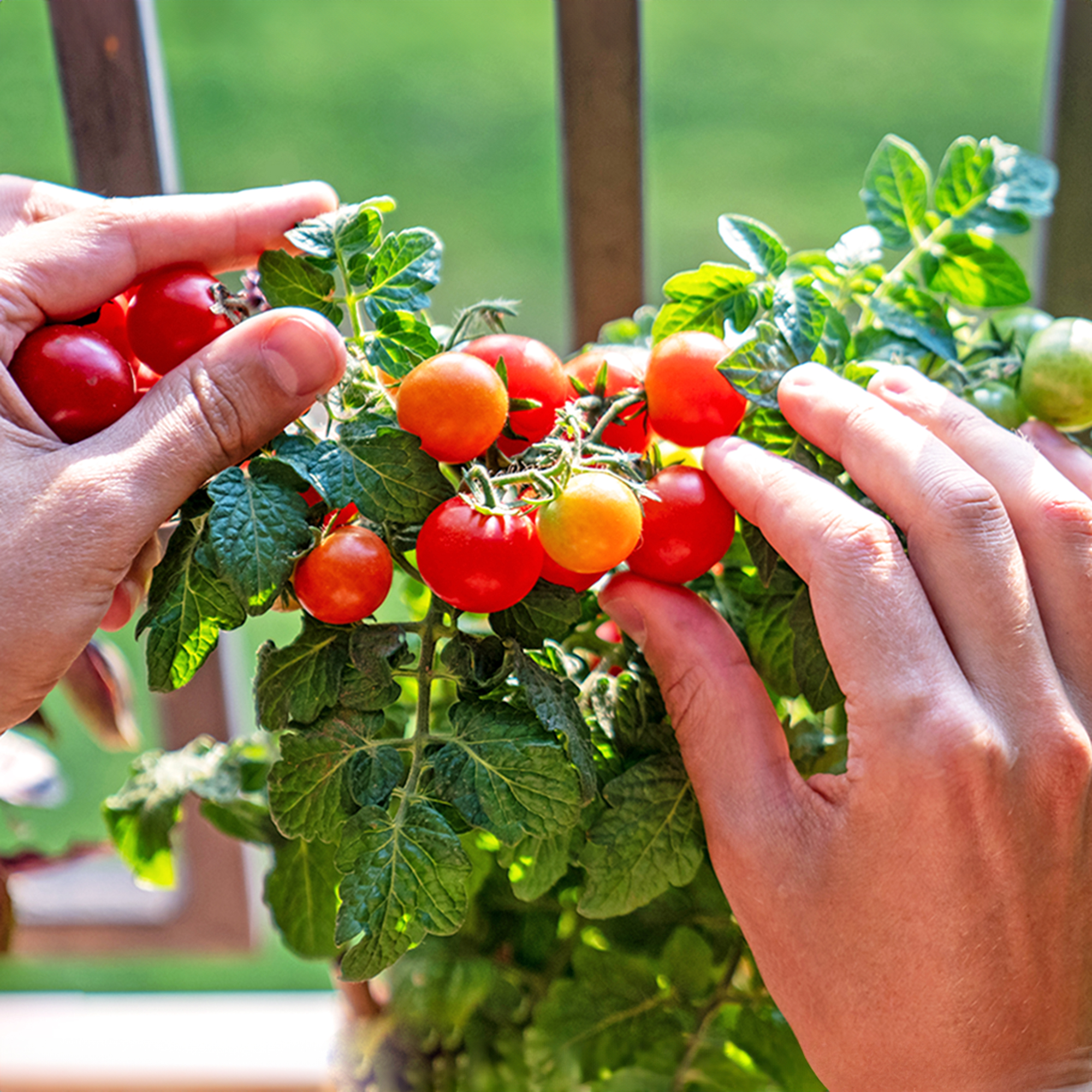Kangaroo Deterrents: How To Control Kangaroos In The Garden


Kangaroos are amazing wild creatures and simply watching them in their natural habitat is an enjoyable experience. However, kangaroos in the garden can be more of a nuisance than a delight due to their grazing habits. They will eat almost anything from prized roses to carefully tended vegetables. Kangaroo control methods vary from gardener to gardener, but you can deter the animals without resorting to shooting or poisoning them. Read on for some tips on how to control kangaroos in your garden.
How to Control Kangaroos
Gardeners in Australia and similar regions have to contend with all manner of wildlife. Controlling kangaroos is a popular forum topic and even the government has gotten involved with tips on how to repel these large marsupials. Kangaroos will jump a 6 foot (2 m.) fence easily and are attracted to all the interesting and diverse flora in an ornamental or produce garden. Their broad herbaceous diet spans many species of both native and introduced plants. They are especially attracted to the vegetable garden and can decimate young, unprotected plants before they ever reach productivity. There are many strategies deployed to minimize ‘roo’ damage in the garden. Some landowners actually put out food at a distance from the garden to keep the animals happy, so they don't need to forage in the home landscape. Others erect hugely tall fences with minimal success. Sprays and kangaroo deterrents abound, but success is limited and often the stuff of folklore. Many marketed deterrent oils and sprays are available, but the general consensus is that these are not worth the money and offer as much protection as snake oil. Using sonic warders or strewing blood or bone in the garden are common home remedies to the problem. The former seems to have some effectiveness, while the latter is a smelly affair that may simply attract other wildlife. Easy chicken wire covers over beds, stout stakes to support plants from large marsupial trampling, and even purchased guards to cover young plants until they are self-supporting are more useful kangaroo control methods. The most important step is to protect young plants in their first year, as they are tender and attractive and cannot rebound from a kangaroo feast as well as established specimens.
Plants That Aren't Palatable to Kangaroos
An obvious way of controlling kangaroos is to install plants that are not attractive to them. These might be prickly, strongly scented, or boast hairy or sticky leaves. Woody plants, too, do not seem to make up their diet, as they are difficult to eat. Gum leaves are unpalatable to kangaroos in the garden and perform well in the regions roamed by these large marsupials. Other excellent choices are:
Strongly scented herbs or bushes offer beautiful native alternatives which don't seem to entice these wild animals and include:
Constant vigilance is necessary when confronted with kangaroo damage. Keeping a dog can be an easy way of controlling kangaroos, unless Rover is such a nice canine that he simply makes friends with the Roos. Overall, purchased repellents are not regarded as effective. Planning a garden that minimizes plants attractive to kangaroos and utilizing easy covers during plant's early development seem to be the easiest, safest, and most productive way of lessening damage while still allowing you to enjoy these fun marsupials.
Gardening tips, videos, info and more delivered right to your inbox!
Sign up for the Gardening Know How newsletter today and receive a free copy of our e-book "How to Grow Delicious Tomatoes".

Bonnie Grant is a professional landscaper with a Certification in Urban Gardening. She has been gardening and writing for 15 years. A former professional chef, she has a passion for edible landscaping.
-
 Terrifically Tubular Flowers For Hummingbirds: 9 Tube-Flowered Plants To Attract Hummers
Terrifically Tubular Flowers For Hummingbirds: 9 Tube-Flowered Plants To Attract HummersGrowing tubular flowers for hummingbirds helps you create the optimum feeding conditions for your winged friends. Here are nine tubed delights for hummers
By Tonya Barnett
-
 How To Grow Hydroponic Tomatoes For Fresh Indoor Harvests – No Soil Required
How To Grow Hydroponic Tomatoes For Fresh Indoor Harvests – No Soil RequiredLearning how to grow tomatoes in water is easy and allows you to harvest fresh-home-grown produce in every season without any mess.
By Ellen Wells